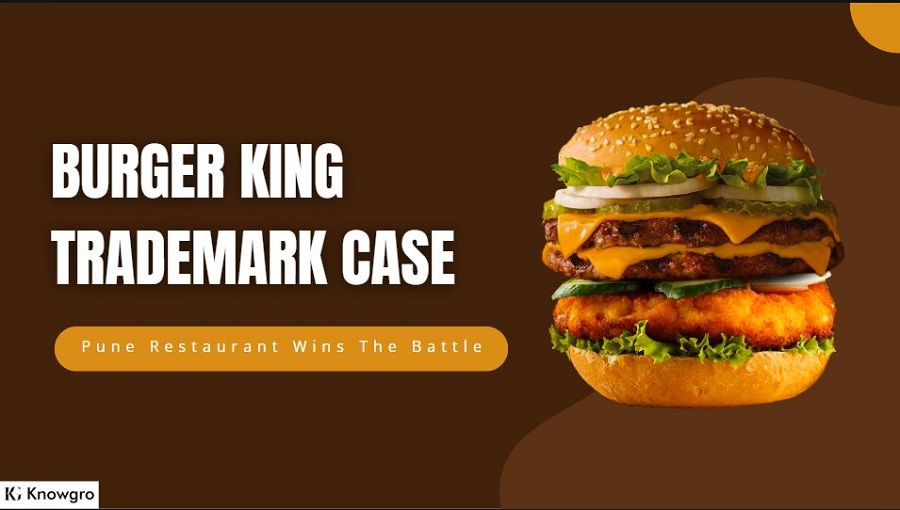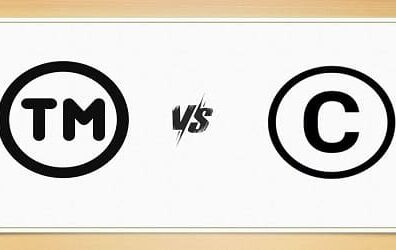
Introduction
In a noteworthy trademark dispute highlighting the significance of the “prior use” principle under Indian law, a small eatery based in Pune has secured a major legal victory over the global fast-food giant, Burger King Corporation. After over a decade of litigation, a commercial court in Pune ruled in favor of the local restaurant, recognizing its earlier and genuine use of the “Burger King” name—well before the U.S.-based company officially entered the Indian market.
Background of the Burger King Trademark Case Dispute
The conflict began in 2011 when Burger King Corporation discovered a local Pune restaurant operating under the same name—“Burger King.” Although the eatery had been using the mark since 1992 and formally began operations in 2008, the American company alleged that the local use infringed on its trademark and harmed its brand value. Notably, Burger King had registered its trademark for paper goods in India as early as 1979 and later extended the registration to include restaurant services in 2006. However, the fast-food giant only began operating in India in 2014.
The U.S. brand filed a lawsuit seeking a permanent injunction, claiming trademark infringement and exclusive rights over the “Burger King” name under Section 29 of the Trade Marks Act, 1999.
Court Rulings and Legal Grounds
In July 2024, the Pune commercial court sided with the local business, declaring it the “prior and honest user” of the trademark. According to Section 34 of the Trade Marks Act, 1999, any person who has been continuously and in good faith using a trademark before someone else registers it is protected under Indian law.
The court highlighted that trademark rights in India are based primarily on usage rather than mere registration. It reinforced the territorial nature of Indian trademark law, which gives weight to local usage over international fame.
Appeal and Interim Developments
After a defeat in the Pune court, Burger King Corporation appealed for relief to the Mumbai High Court. On 26th, August 2024, the Apex Court passed an interim order restraining the Pune-based local restaurant chain from using the name “Burger King” until the appeal was decided.
However, this interim order was later stayed by the Supreme Court of India. Justices BV Nagarathna and Satish Chandra Sharma ruled that the local business could continue using the name, at least for the time being. The Court noted that enforcing the restriction at this stage could unjustly affect the local eatery, which operates two outlets in Pune.
Main Legal Arguments
Lawyers representing the Pune restaurant argued that their client had been using the “Burger King” name well before the multinational registered it for restaurant services in India. They also emphasized that Burger King’s first Indian registered trademark in 1979 was for paper products and not food-related services.
The local counsel pointed to what appeared to be “trademark squatting”—a situation where a company registers a trademark with no immediate intent to use it in that category.
In contrast, Burger King Corporation’s lawyers contended that continued use of the name by the Pune eatery could mislead consumers and weaken the global brand. They justified the need for interim relief to avoid further reputational harm.
Key Legal Takeaways
- Prior Use Prevails Over Registration: Under Section 34 of the Trade Marks Act, the first party to use a trademark in good faith, even if unregistered, may retain rights over it, trumping later registrations.
- Trademarks Are Territorial: A brand’s global popularity does not override the rights of local businesses that were already using similar names before the brand’s market entry.
- Importance of Due Diligence: Global companies must conduct in-depth trademark checks before launching in a new country. Ignoring pre-existing users can lead to serious legal consequences.
- Risks of Trademark Squatting: Registering a trademark without promptly using it in the relevant category may weaken a company’s case in future legal battles, especially if challenged under the grounds of non-use or bad faith.
- Local Legal Knowledge Makes a Difference: Hiring experienced legal counsel familiar with regional laws and judicial practices can be crucial in winning complex IP disputes.
Conclusion
The Burger King trademark case in Pune is a landmark example of how prior and honest use of a trademark is protected under Indian law, even against globally renowned corporations. This case sends a strong message to international brands about the importance of respecting local IP rights and doing their legal homework before expanding into new markets.
As the case continues in the Bombay High Court, it is being closely followed by legal professionals, IP experts, and international businesses alike. The outcome could influence how future cross-border trademark conflicts are approached in India and potentially shape global IP enforcement strategies.
Follow Us
Keep Yourself Updated By Following Us






